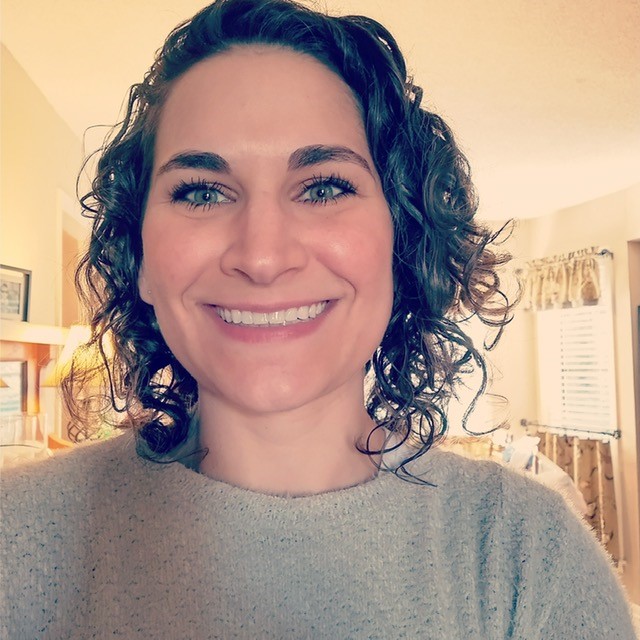Position Spotlight: VCU Patient Care Navigator

Valerie was born and raised in Texas, and after graduating high school as valedictorian, she attended Harding University in Arkansas, where she received a bachelor’s degree in social work. From there, she worked at a Memphis-based nonprofit that provided transitional housing and other case management services to pregnant young women and their children that were experiencing homelessness.
Obtaining her master’s degree required a move to Nashville, TN. After completing the program, she stayed in the area for several years working in short-term rehab and long-term care, which she grew to love. She currently resides in Memphis, TN with her husband who is also a social worker at a local children’s research hospital.
Before joining Contessa, Valerie served as an admissions director for a local senior continuing care community. When she’s not busy with the work-from-home life, she enjoys spending time with her husband of nearly 14 years, keeping up with their three pitty-mix rescues and trying to keep all of her houseplants alive.
What does a Patient Care Navigator (PCN) do at Contessa?
Our goal is to help identify where supportive community resources may be available to assist our patients and their families to best manage their everyday needs and be successful and safe at home.
We assist with many caregiver needs across all markets, which presents in different ways: some struggle with household management on top of caring for their loved one, others struggle with transportation to and from appointments, and then you have caregivers completely overwhelmed with all of it on top of having zero support to help in any way.
PCNs have experience working as social workers and case managers, so this expertise helps support the work that we do in serving our patients across all states and markets we serve. We make referrals to agencies to start the process for getting help if they are agreeable, but in some cases, our goal is to simply make sure they understand the help that is available to them, whenever they are ready to take the next step.
Why did you choose a career in healthcare? Specifically, this career?
Like many people that know early on they “want to help people” growing up, I had personal experience with social workers during a difficult time in life. My grandparents stepped up to raise my sisters and I after losing our parents as children. I vividly remember the social worker that came to the home to meet with us during that transition and feeling comfort in their support.
In similar ways, I feel that the resource information and guidance we offer to patients in our programs aim to alleviate stressors so our patients can focus on their health and getting back to feeling well. Many of the patients that we work with are elderly, so I thoroughly enjoy getting to work with this population that is near and dear to my heart.
How does the work you do at Contessa differ from other jobs?
Aside from being the first work-from-home job I’ve ever had (which admittedly is awesome!), the role of PCN requires a ton of care coordination across each market’s healthcare system and a working knowledge of local resources. A typical social worker would use the same resources in a geographic region to provide to the patients they serve, but as PCNs, we have the challenge to understand a wide variety of programs available to patients across every single market that Contessa currently serves. It keeps us on our toes!
What is the best part of your job?
I enjoy working with all the Contessa staff in each market, getting to know both the on-the-ground and virtual clinical staff that the PCNs work with daily to support patients. I love seeing our patients thrive at home as they recover from illness, and the relief and appreciation that their families convey about being able to care for their loved one in the comfort of their home with our support.
What’s the most challenging part of your job?
As a PCN, sometimes I miss being able to meet with our patients in-person. There is a degree of rapport that you can establish whenever you are physically in the home or space of a patient that you can’t always orchestrate by way of telehealth technology. Luckily, this gap can often be bridged by the local on-the-ground staff who are incredible in assisting with having those tough conversations one-on-one with the patients and families.
What inspires you to come to work every day?
The opportunity to make a difference in someone’s life and to do it alongside some fantastic people.
